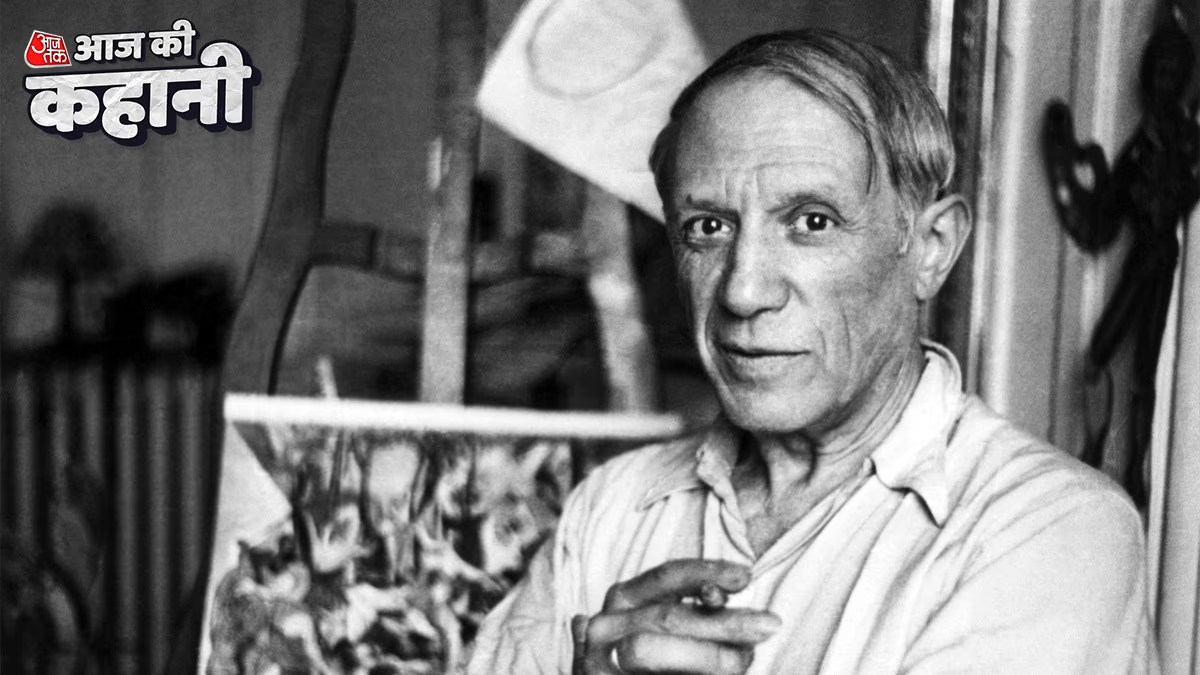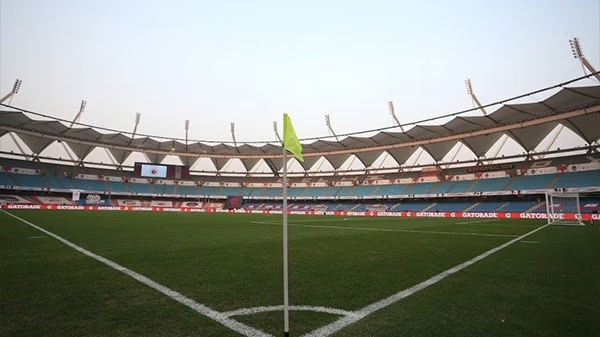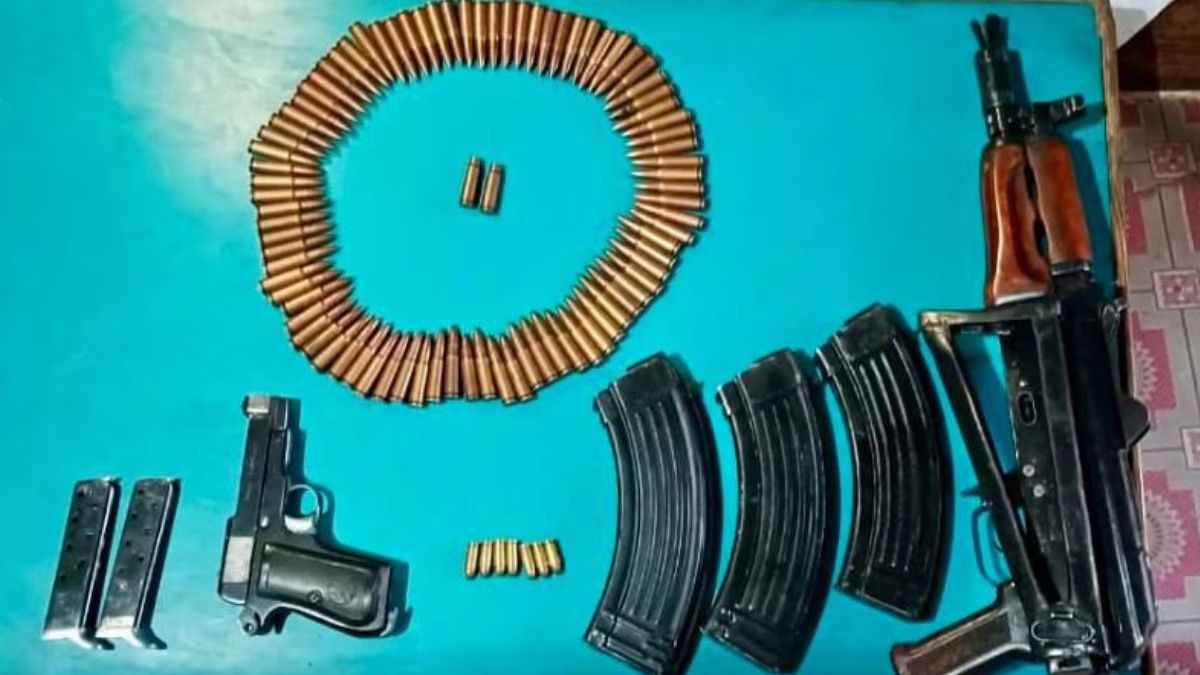Today, October 25, we celebrate the birthday of Pablo Picasso. Born in Málaga, Spain in 1881, Picasso emerged as one of the most remarkable and influential artists of the 20th century. At the young age of 13, he held his first exhibition.
Picasso's father, a drawing professor, prepared him for a career in academic art. However, Picasso ventured into experimenting with modern styles. After his first visit to Paris in 1900, his work was exhibited at a gallery on Rue Laffitte in 1901.
Created Hundreds of Paintings by Age 19
At 19, Picasso might not have been renowned outside Barcelona, but he had already created hundreds of paintings. He spent several years in Paris before eventually returning to his home city, painting over 50,000 artworks, sketches, and sculptures throughout 80 years.
Innovations in Painting
Picasso depicted the world of the impoverished through his art. In works like 'The Old Guitarist' (1903), he employed blue to highlight the melancholy of poverty. His 1907 masterpiece, 'Les Demoiselles d'Avignon', broke away from traditional European art with fragmented and distorted representations, influenced by African mask art and Paul Cézanne. This work is seen as a precursor to the Cubist movement.
Invented the Collage Technique
Picasso's significant contributions to Cubism included costumes and sets for Sergei Diaghilev's Ballets Russes (1917) and 'The Three Musicians' (1921). His and Georges Braque's Cubist experiments led to new artistic innovations like collage. His 1937 masterpiece, 'Guernica', reflects the horror and suffering experienced by the Basque town when bombarded by German planes during the Spanish Civil War. Despite Nazi occupation, Picasso remained in Paris, opposed fascism, and joined the French Communist Party after the war.
Experimenting with ceramics, he created various pieces inspired by art history's masterpieces until his passing in 1973 at 91, tirelessly creating art.
October 25, 1924
- British authorities in India arrested Subhas Chandra Bose, imprisoning him for two years.
October 25, 1951
- India's first general elections commenced.
October 25, 1962
- American author John Steinbeck received the Nobel Prize in Literature.
October 25, 1964
- India's Avadi factory manufactured its first indigenous tank, the 'Vijayant'.
October 25, 1971
- The UN General Assembly voted to include Taiwan under China.




